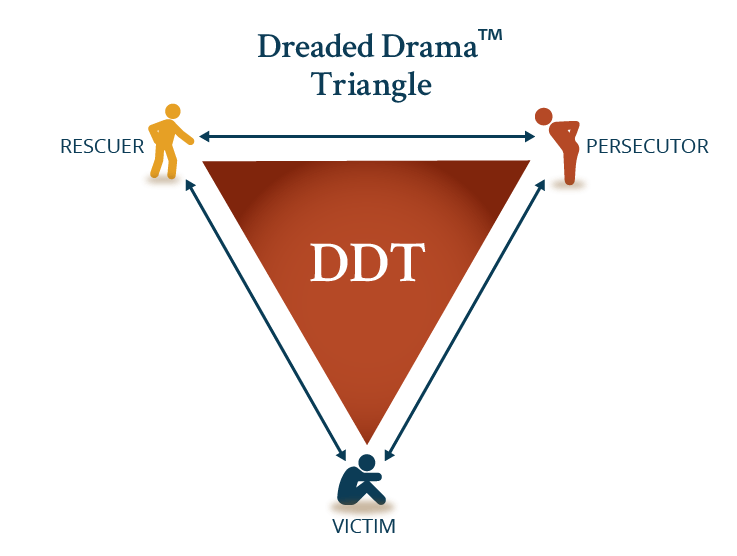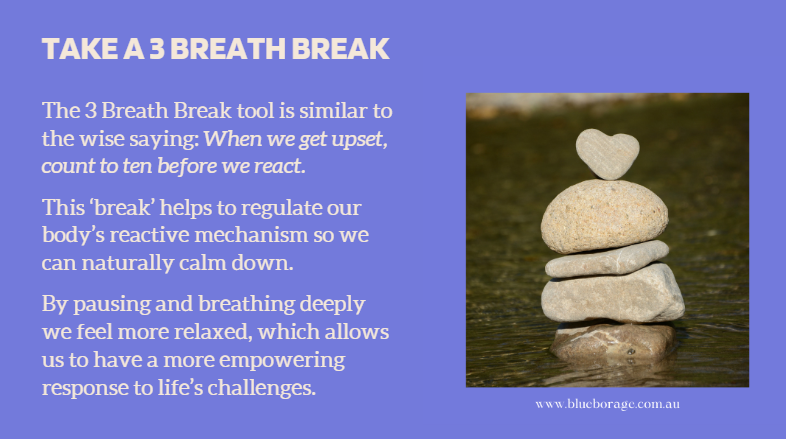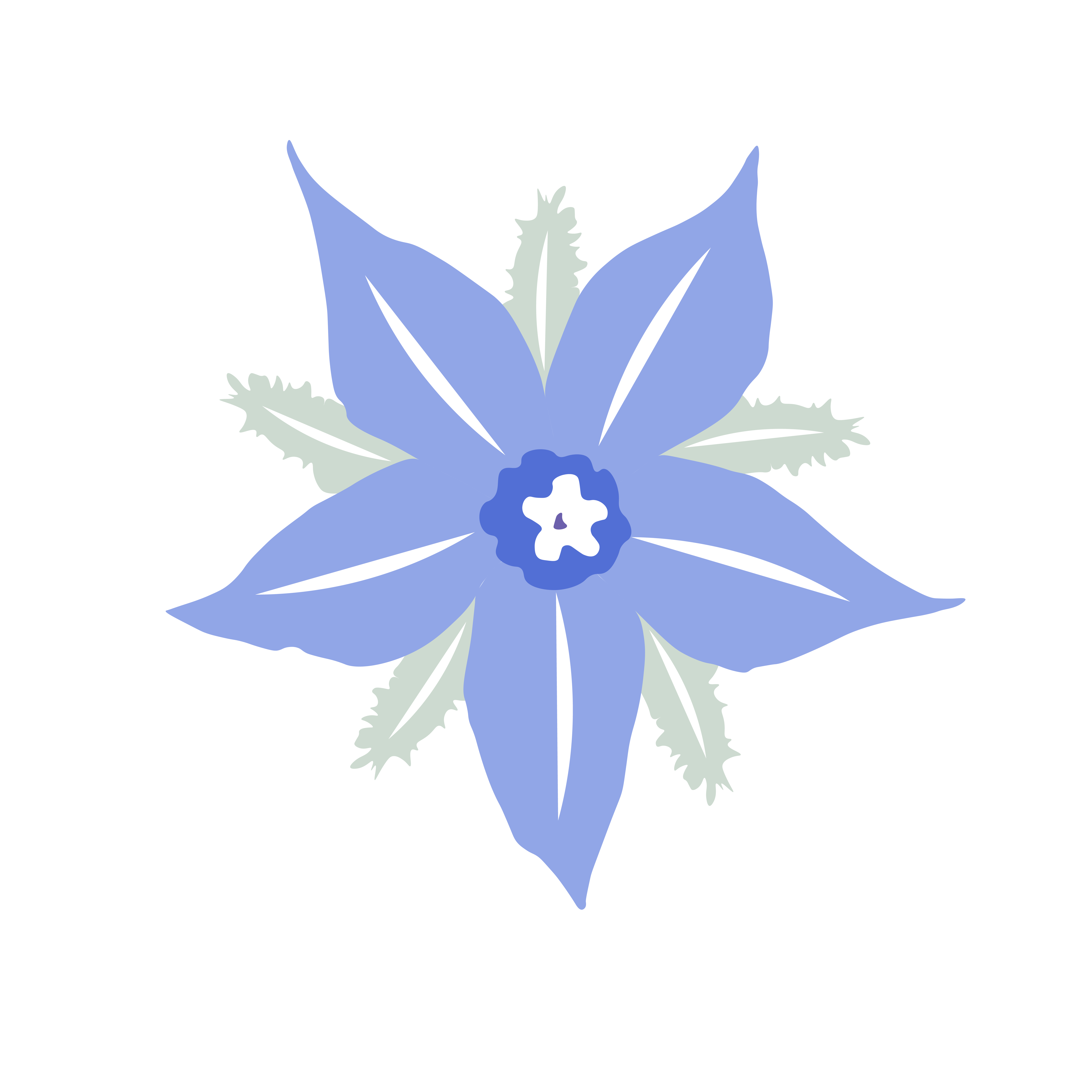At Blue Borage, I write and share reflections for survivors, parents, and allies who want to understand trauma, choice, and change in a deeper way.
You don’t need to know a theory or a framework to begin to make a shift — your own lived experience of what it feels like to get caught in patterns that drain your energy is where this begins.
My hope is that these words feel like a safe place to pause, reflect, and maybe see yourself with a little more compassion.
Most of us know what it feels like to get caught in drama — whether it’s at work, at home, or inside our own heads.
The Drama Triangle is a simple infographic that shows those patterns: Victim, Persecutor, Rescuer. It was developed by Dr Stephen Karpman back in the 1960s. In my work we added the word ‘Dreaded’ before ‘Drama Triangle’ with permission from Dr Karpman – a play on the idea that the chemical DDT is toxic, as are the Dreaded Drama Triangle roles if we stay in them too often, or on a daily basis.

On a tough day, it’s not hard to find ourselves there. Sometimes we feel powerless and slip into victim mode, or what I like to call feeling ‘victimy’. Other times we lash out in frustration or criticism – that’s our persecutor role. And often, we try to rescue others, even when it leaves us depleted.
None of this means we’re broken. It means we’re human.
We’re super human even, because we can play all three roles all by ourselves, in our internal dialogue, and do it in seconds! When I learned that I’d often pull myself up and think ‘I saw what you did there! How did you do that so quickly? What’s going on here?’
What I was yet to learn, and believe, is that even in those moments we do have a choice. We’re not stuck.
- A choice in how we see ourselves.
- A choice in how we respond.
- A choice to step out of the drama triangle and into something else.
That choice doesn’t have to be dramatic or life-changing. Sometimes it looks like a three-breath break followed with self-inquiry: “Who am I being right now?”

That 3 breath break is where choice lives.
Instead of replaying blame or self-doubt, I can focus on what matters to me, and take one small step toward it.
At Blue Borage, we are not here to shame anyone for being in drama. We all land there. What matters is what we do once we notice it. Our work is about creating safe spaces where people can see their choices more clearly, and practise new ways of being together — with courage, compassion, and a willingness to start again.
Have you ever heard of Viktor Frankl? He wrote a book titled Man’s Search for Meaning and he put it this way:
Between stimulus and response there is a space. In that space is our power to choose our response. In our response lies our growth and our freedom.
Frankl didn’t write those words from a place of ease. They were forged in four Nazi concentration camps. He observed that while prisoners had little control over their conditions, those who found meaning, in love, memory, imagination or future purpose, survived not only physically but spiritually.
Even in the most dehumanising environments, we retain the power to shape our perspective. What could have been seen as pure persecution, Frankl chose to reframe as challenge. He called himself and others to grow, to preserve dignity and to choose meaning in the smallest of actions.
This is why The Empowerment Dynamic was so meaningful to me as I tried to find a different path for myself, and in how I interacted with my husband and our children who were moving quickly towards independence. I knew we were capable of being and doing more than my family of origin had aimed for.
For too long, we had played out the roles of drama in most transactions, and it made healthy communication seem impossible. It was exhausting, confusing, full of game-playing, with numbing by all parties in that cycle.
What if instead we believed that we are always at choice, even when options are hard or few?
The Center for the Empowerment Dynamic’s founder, David Emerald, became my mentor over the last few years, before passing away suddenly in April 2025, and he often reminded me: Susan, we are always at choice, we cannot not choose. Even when we feel victimised, we still have agency in how we respond.
For survivors, this is layered. Those drama roles were embedded in us as children, under the guidance (or absence) of the adults we had in our homes, schools, and communities. For many, trauma wasn’t a once-off event but a daily reality. Fight, flight and freeze became our norm… that is not what any child ever deserves to live like.
It took me 15 years from first hearing about Karpman’s Drama Triangle to find something that felt hopeful to me, or more than a flippant statement of “just use your willpower.”
Through my passion for personal development, in 2018 I discovered one antidote to living in reactivity: the Empowerment Dynamic, a model of self-leadership.
Now, another seven years on, certified to deliver this work, I dream of a world where survivors and others affected by trauma within families, can model self-leadership to others. To be the models of change.
My biggest dream is to bring these essential skills to children so they can model upwards — especially in homes where modelling down is doing harm. Imagine what the world would be like if children were given the skills of self-leadership in their early education and right through to university or their chosen careers.
So what is self-leadership exactly? I dedicated a companion blog today for you to look a little deeper into that here.
Shifting from reactive family dynamics to empowered dynamics doesn’t magically bypass difficulty. It’s about noticing who we are being and working on ourselves first.
I choose self-compassion and kindness in doing this work for myself.
I’ll begin with asking ‘Am I being “victimy”? Maybe.
What does “victimy” sound, feel, and look like? What emotions are alive in me, and what has activated them?
Then gently ask: how can I begin to make the shift to something that serves me better, when I’m ready? It’s always about pacing – and only when you are ready.
The Victim Role
Belief: At the mercy of life events, powerless, waiting for someone or something else to fix the situation. Denies personal power and creativity.
Sounds like:
- “Why does this always happen to me?”
- “It’s not my fault.”
- “I don’t have a choice.”
- “Poor me.”
Feels like:
Helpless and hopeless. Discounted, yet entitled to be taken care of.
Behaviours:
Avoids responsibility, complains, gives up easily. Withdraws or disengages. May demand energy and care from others while feeling unable to take forward action.
Shifting out of Victim:
Notice the patterns of complaining or avoidance. Begin to focus on outcomes instead of problems. Ask: what is mine to do? Take one Baby Step into action.
This is my day job — and I love this work. If you’d like to learn more, message me here.
Perhaps we can gather enough interest to bring a small learning group together within this expanding Blue Borage community, sparked by our Conversation Café events.
That reminds me, today I was mapping out the Schedule for our 12-Hour Together is Better Symposium, scheduled for Friday 14th of November, from 7:00AM to 7:00PM for me here in Australian Eastern Standard Time… you can check out a time conversion for that here. There will be one session that I personally will be delivering titled ‘Choosing Empowerment Amidst Trauma Narratives’.
Maybe you will join me for that workshop. If not, add a message when reaching out to ‘put you on a waitlist’.
To close, Viktor Frankl’s story always reminds me that no matter the conditions, meaning and choice remain within us.
That is the seed of freedom.
